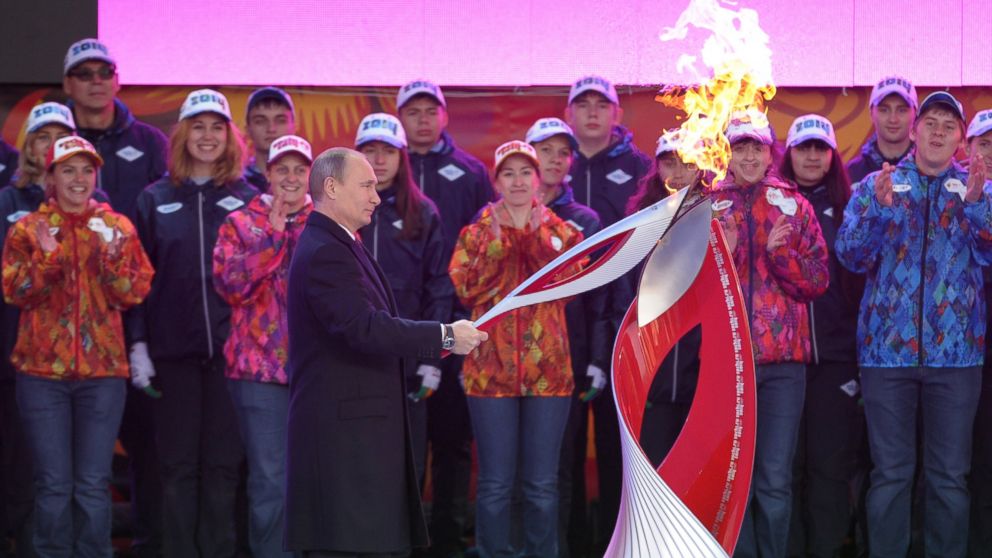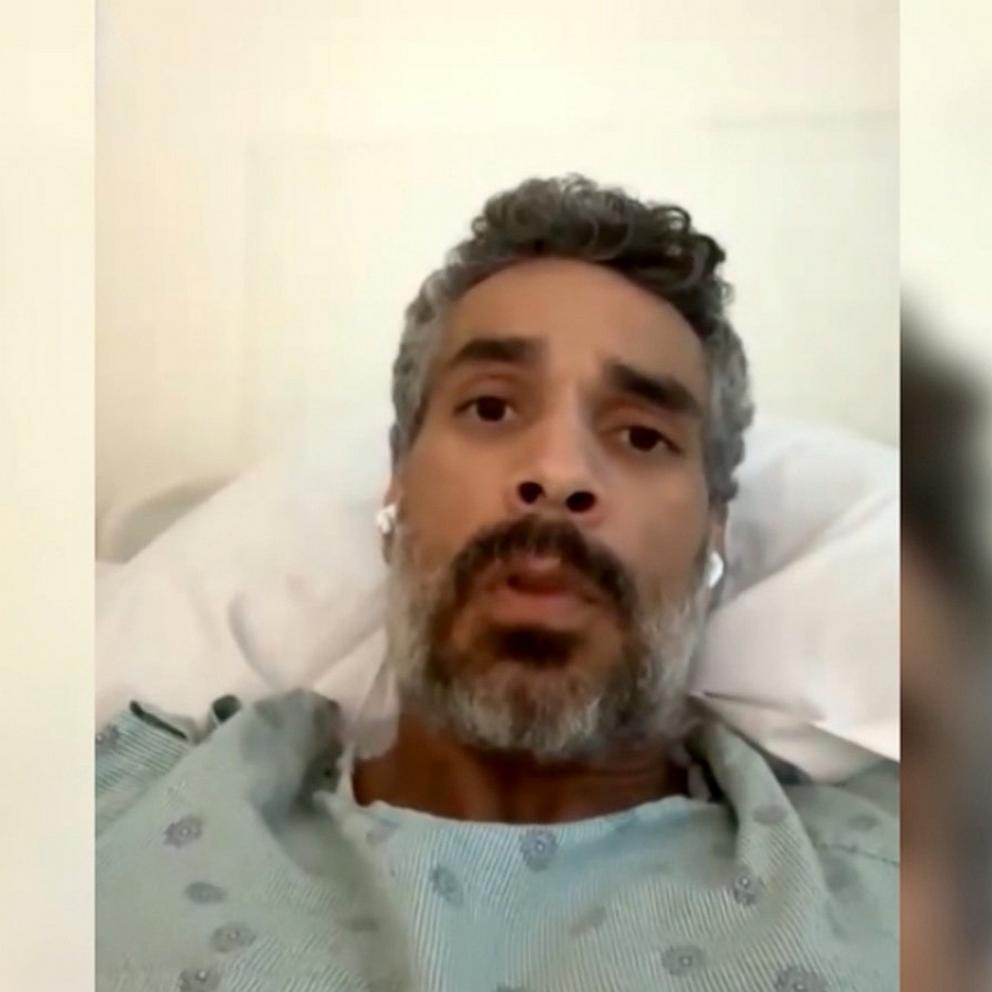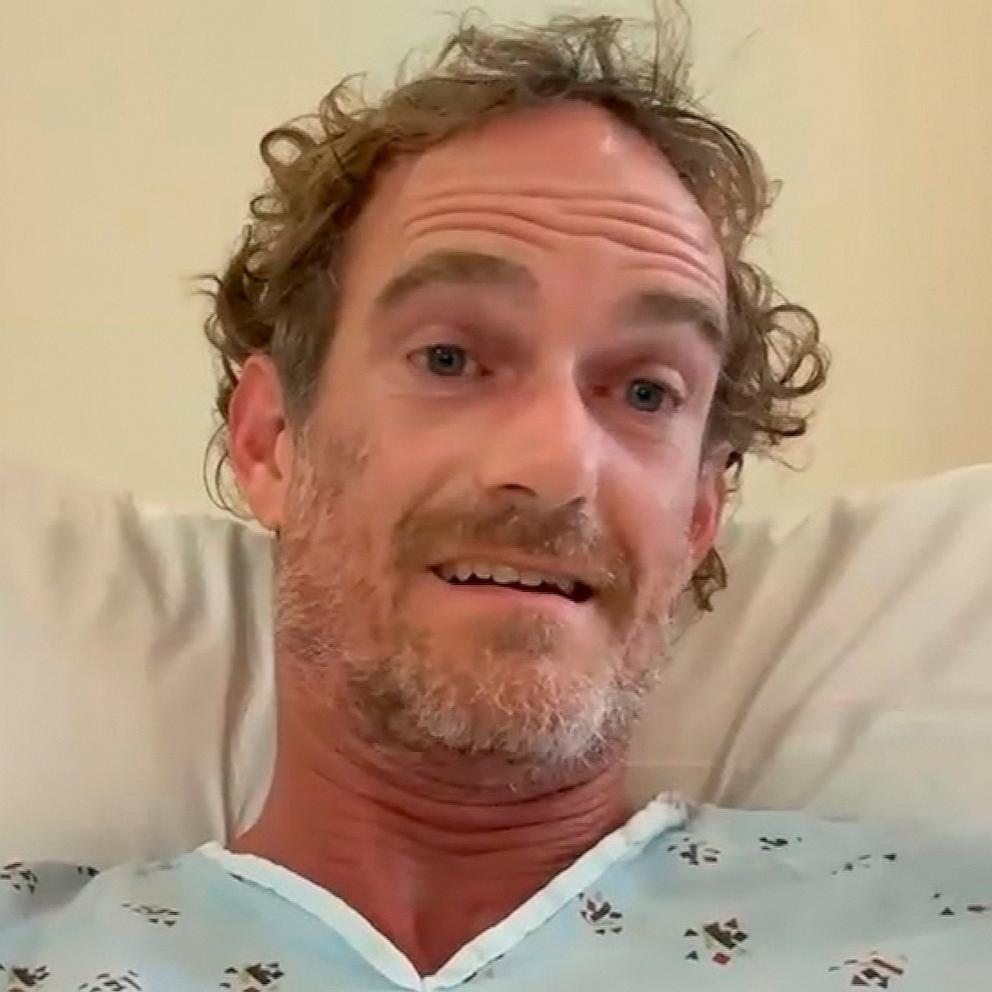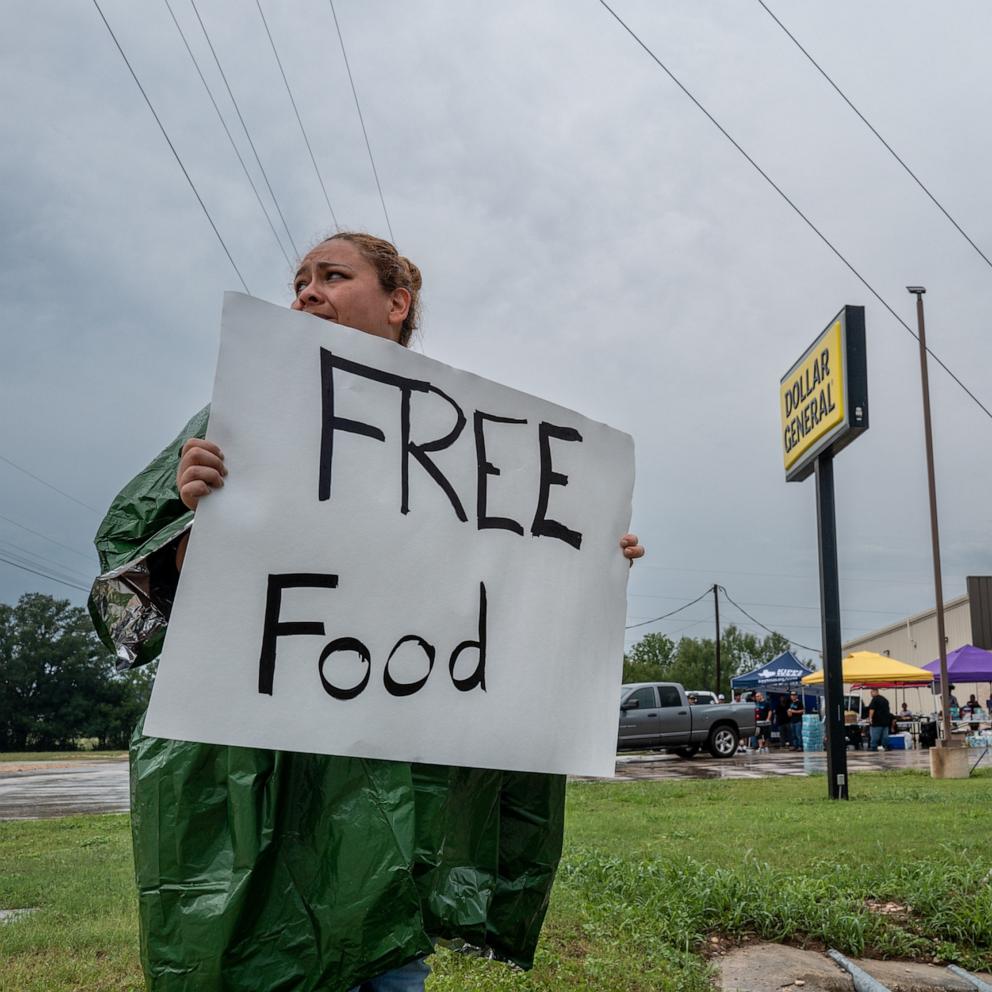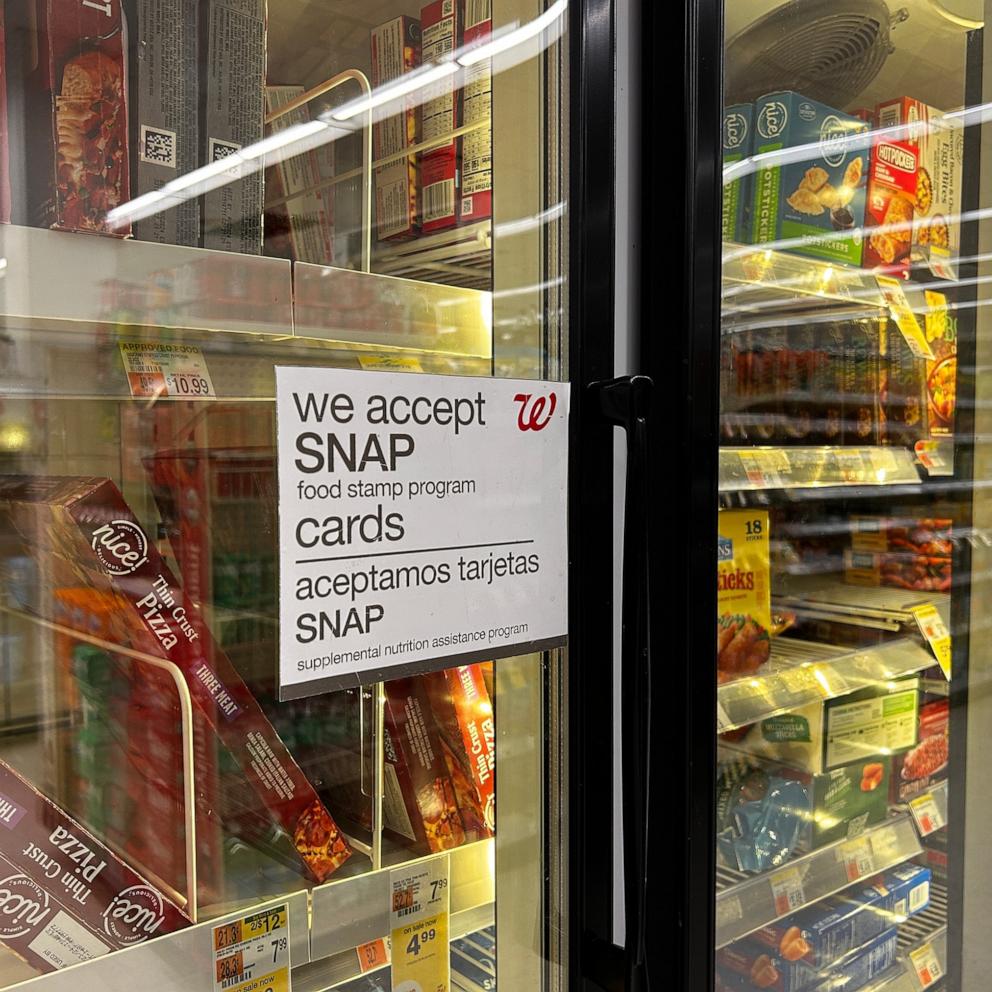Threats to Sochi Olympics Whistleblower: 'You Will Be Drowned in Blood!'
Jan. 29, 2014 — -- A Russian businessmen said he is a "marked man" after publicly alleging officials in the office of President Vladimir Putin demanded payoffs in exchange for Olympic construction contracts in Sochi.
"You will be drowned in blood," Valery Morozov said he was told after fleeing Russia for Great Britain in the wake of his allegations of rampant corruption surrounding the Olympics.
"The contract is there," Morozov told ABC News for a report to be broadcast tonight on ABC News' "World News With Diane Sawyer" and "Nightline".
He says he believes the greatest chance of an attempt on his life will come after the Olympic Games are concluded in late February.
"I've no regrets and I'm not a man who regrets," the former construction executive said.
Morozov's allegations, first made public in 2010, are part of chorus of allegations that the Sochi Olympics will be the most expensive and most corrupt ever.
"Everybody knows this is the most criminal case in the history of Russia," said Boris Nemtsov, a former Russian deputy prime minister and Putin rival.
Nemtsov said he has documented evidence that huge amounts of an estimated $50 to $60 billion spent on Olympics projects has ended up in the bank accounts of well-connected Russian officials and businessmen.
"My estimation is that they stole $30 billion altogether," Nemtsov told ABC News.
Nemtsov points to the Olympic stadium in Sochi, which he said cost three times the amount of any other stadium in the world.
And worse, he said, is the $9 billion spent on a 30-mile highway and rail project that links Sochi at the Black Sea with ski hills above the city.
Nemtsov said some of the lucrative contracts have helped make Putin's friends even wealthier than they were before the Sochi project.
"His friends became billionaires and Russian people get nothing except very deficit budget," said Nemtsov.
Another troubled project involved the giant ski slope being built for the Games, six times over budget and delayed two years.
A dramatic video reveals the moment that Putin was advised the person responsible was the vice-president of the Russian Olympic committee who has since been charged with embezzlement and fled the country. The official denied the criminal charges.
Yet, in his recent exclusive interview with George Stephanopoulos of ABC News, President Putin maintained there was no serious corruption problem.
"We have not seen any big, large-scale instances of corruption in connection with the implementation of Sochi Olympics project," Putin told ABC News.
But Putin is ignoring, or covering up, clear evidence of corruption that goes directly into the office of the President, his rivals and former businessmen told ABC News.
"You have to pay. There is no, no way out," former businessman Morozov told ABC News about his dealings with the Kremlin.
Morozov said he made regular cash deliveries of "tens of millions of rubles" in connection with construction contracts for Sochi and other government projects.
Working with Russian prosecutors, Morozov said some of the payments to an official by the name of Vladimir Leschevsky, a deputy chief of capital construction, were actually recorded on undercover video tape.
Morozov said Leschevsky told him the money would be shared with other officials. "I am to bring it upstairs," Morozov said Leschevsky told him.
Despite a prosecutor's report in August 2010, provided to ABC News by Morozov, that accused of Leschevsky committing a crime connected to him "personally accept[ing]... a large sum of money," no charges were brought.
Leschevsky denied the charges and continued to work in the government.
Now living in exile outside London, Morozov said he was told that the Mafia group in Sochi received the "order" to kill him.
He says the whole system is designed to make corruption possible.
"These are the criminals. This is what you in the West should understand."
The International Olympic Committee says the allegations of corruption are the responsibility of the Russian government, and outside its jurisdiction.
Moscow-based freelance journalist Patrick Reevell contributed to this report.
